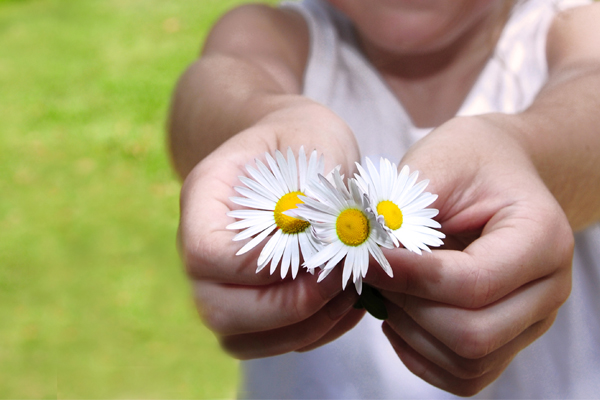In today’s world, it is becoming apparent that some young people are being influenced by the language around them. It is becoming more common for them to hear derogatory terms or offensive language on the streets, on social media channels, streaming services and in some forms of modern music. Proliferating the use of such language can sometimes normalise, glamorise and sanitise their impact, taking their meaning out of context. Words can be misconstrued to be hurtful, racist, homophobic, mysogynistic or even discriminatory. Using disrespectful language is considered socially unacceptable, and if not addressed early, can become a serious problem.
The use of derogatory language or the act of swearing at someone, or about someone, is actually a form of verbal violence. It transgresses the usual rules of social interaction by impinging on an individual’s self-image and sense of dignity. Therefore, many schools enforce a zero tolerance policy when it comes to such language. Parents and carers also need to play an important role in enforcing this approach by proactively monitoring what their children are viewing or being exposed to and discussing the use of words or their origin. This can help prevent inappropriate or disrespectful language being used in the classroom, school yard or other situations.
Whilst some students may use swearing or derogatory terms for attention seeking purposes, others may use it simply because they are still learning how to moderate their language. As young people develop their language skills, it is important for them to have a clear understanding of the impact of their choice of words on others and how their words can impact other people’s perspective of them - an important and essential skill to learn as they progress in their personal and professional development.





